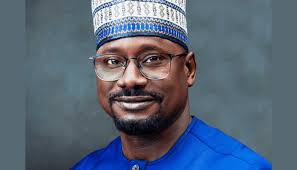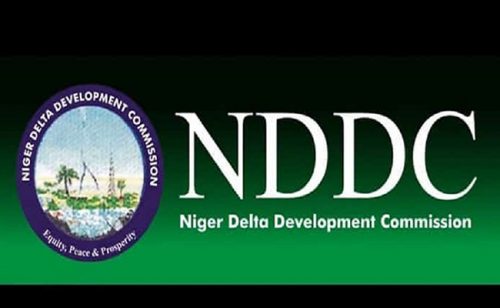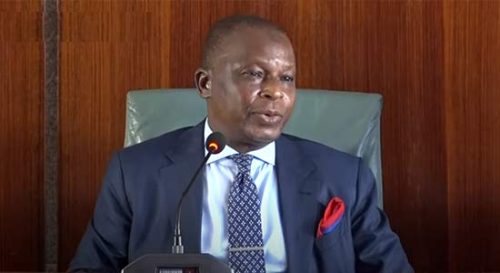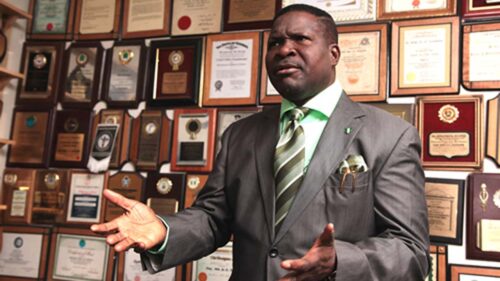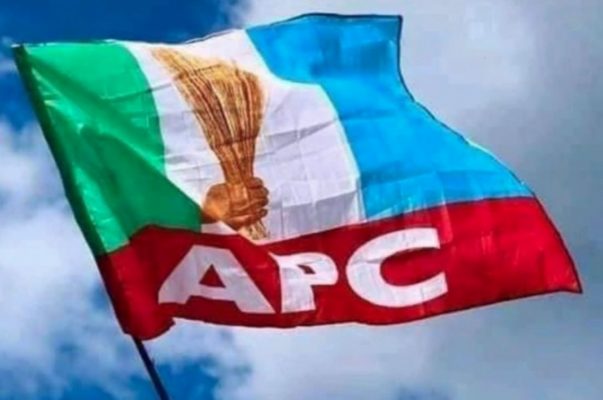CODE tracks N1.2bn budgeted for rural communities projects
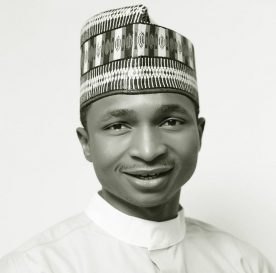
Ukpono Ukpong – Abuja
Disturbed by the anomaly where grassroots communities in Nigeria are constantly deprived of access to basic human needs like health care, water, education, Connected Development (CODE),
through its homegrown social accountability initiative, ‘Follow The Money’ have tracked an estimate of NGN 1,289,579,737 ($3.6m) budgeted for projects in 69 grassroots communities.
This was contained in its 2018 Annual Report themed, ‘Amplifying Voices from the Grassroots’ launched yesterday in Abuja.
In the report, CODE emphasised its effort to spur stronger and inclusive growth for grassroots communities in Africa by providing them with the resources to amplify their voices;
creating platforms for dialogue, enabling informed debate, and building the capacity of citizens on how to hold their elected representatives accountable through the Follow The Money initiative.
While presenting the Annual Report, CODE’s Chief Executive, Hamzat Lawal, said during the year, CODE faced key challenges including threats for exposing misappropriation of funds,
poor access to data to enable tracking of government funds, security issues in North Eastern parts of Nigeria, and limited funds in reaching more grassroots communities.
“CODE carries out its mission with independence and integrity with the sole purpose of engineering social and economic progress.
Our commitment towards participatory governance, capacity and community building and monitoring and evaluation creates effective and sustainable programs even within the most challenging environments.
“2018 was a year of resilience and remarkable achievement. Our priority, in 2018, was to track subnational budgets and ensure that Federal allocations to States and Local Governments reached grassroots communities for socio-economic development.
CODE tracked an estimate of NGN 1,289,579,737 ($3.6 million) budgeted for projects in 69 grassroots communities across water, sanitation and hygiene [WASH], primary healthcare and education sectors.
“We activated Follow The Money for 9 Local Government projects and 41 State Government projects championing 5 advocacy campaigns for improved first-mile health infrastructure and services,
60 advocacy campaigns for improved education infrastructures for children to learn in schools, and 6 advocacy campaigns for communities to access safe clean water and we impacted 1,292,848 grassroots people in 21 States of Nigeria”, Lawal said.
He noted that CODE also delved into the extractive industry and mobilized several actors, all in a bid to ensure transparency and accountability.
“We were particular about mitigating human rights and conflicts issues as a way to improve the livelihoods of grassroots communities in the Niger-Delta region.
Our team further engaged policymakers, stakeholders and beneficiaries, on the effects of artisanal mining activities in Nigeria, Ghana and Cote d’Ivoire.
“To promote sustainability and ingrain ownership of the FTM model, we trained community champions, religious leaders and individuals to organise community engagement activities in Yobe, Adamawa, Borno, Plateau and Kano States”, said Lawal.




